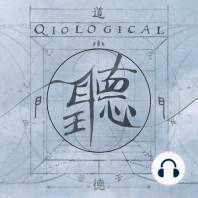6 min listen

016 Medicinal Mushrooms: History and Science of Modern Cultivation • Jeff Chilton
016 Medicinal Mushrooms: History and Science of Modern Cultivation • Jeff Chilton
ratings:
Length:
63 minutes
Released:
Jan 30, 2018
Format:
Podcast episode
Description
Precious and rare medicinal mushrooms like reshi (ling zhi) and cordyceps (dong chong xia cao) used to be available only to royalty, or those who knew how to spot them in the wild.These medicinals have a long history of use in East Asia and are associated with vitality, longevity and a connection to the spirit world. Even today it is said of the wild forms that "those who buy it don't eat it, and those who eat it don't buy it" as it is often gifted in a attempt to curry favor or influence.Fortunately for us "lao bai xing" (common people) these incredible fungi are available to us via cultivation. Or are they?In this episode our guest takes us on a deep dive into cultivation and extraction methods, and more importantly, how to read test results so you can better understand the potency of the products you are buying and giving to your patients.If you use medicinal mushrooms in your practice this episode will help you to better understand the important differences between polysaccharides, beta-glucans, and triterpenoids.Listen into to this conversation with an etno-mycologist who has been studying and working with mushroom cultivation for over 45 years.Head on over to the show notes page for more information about this episode and for links to the resources discussed in the interview.
Released:
Jan 30, 2018
Format:
Podcast episode
Titles in the series (100)
Welcome to Qiological by Qiological Podcast